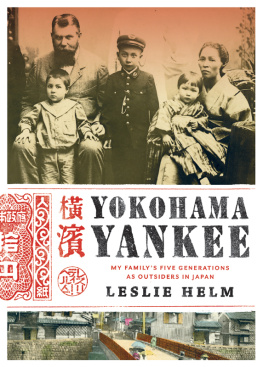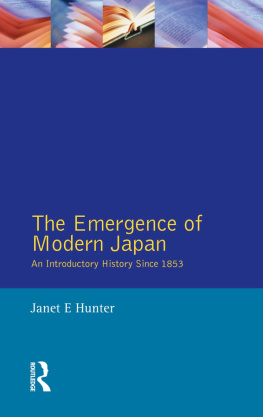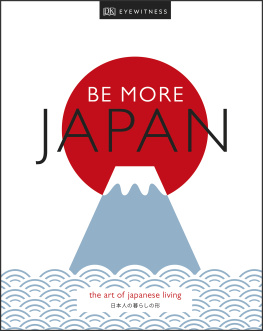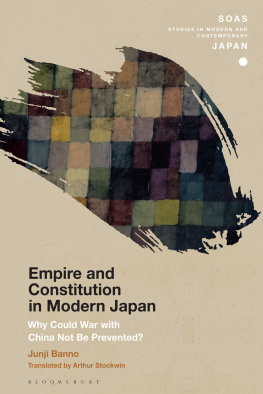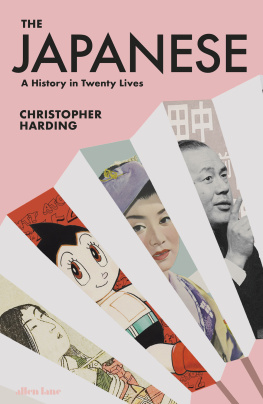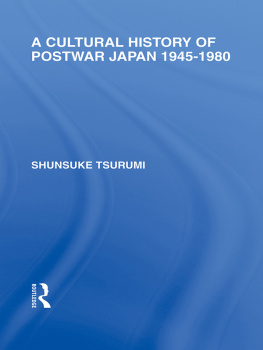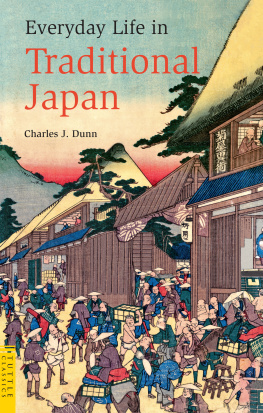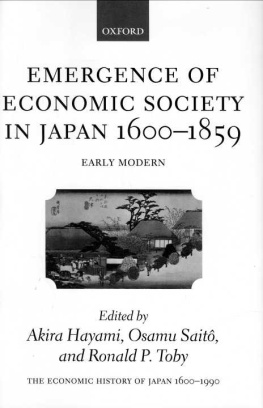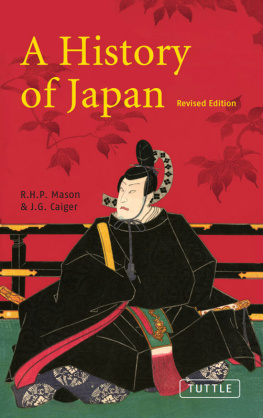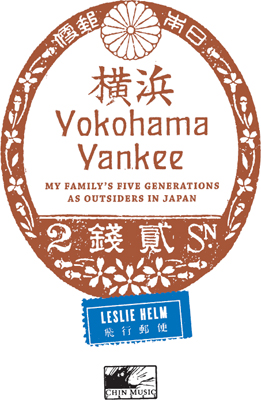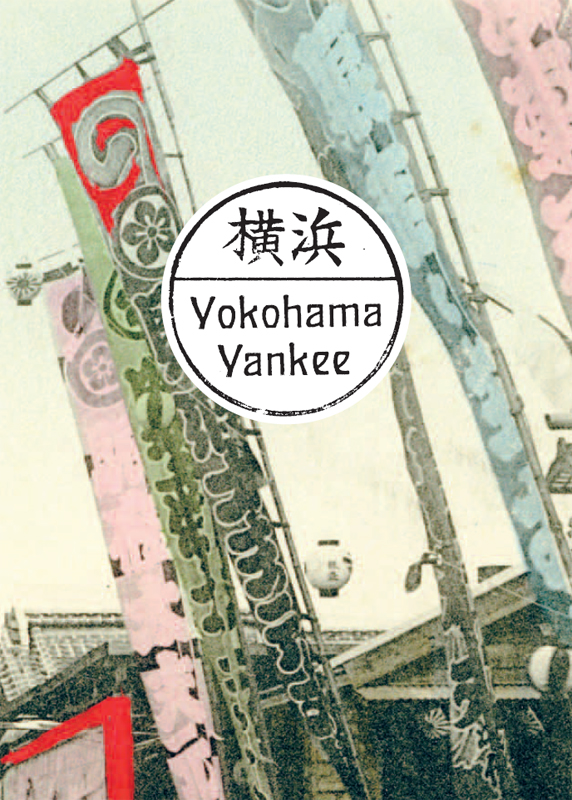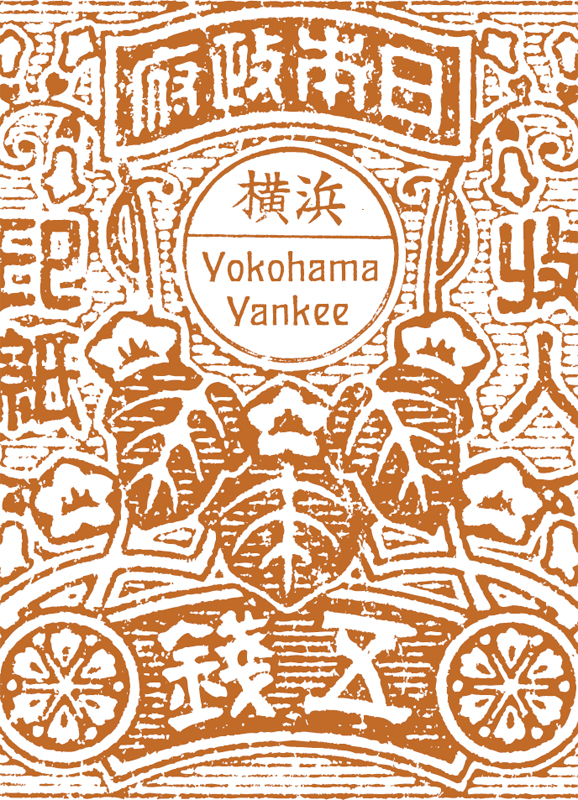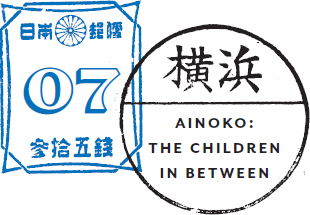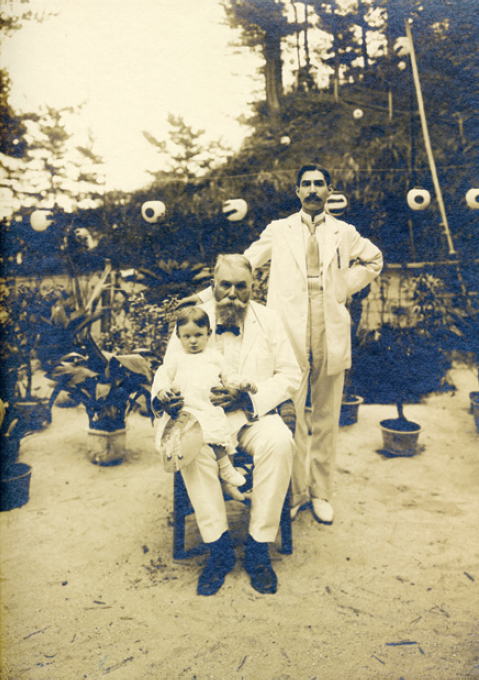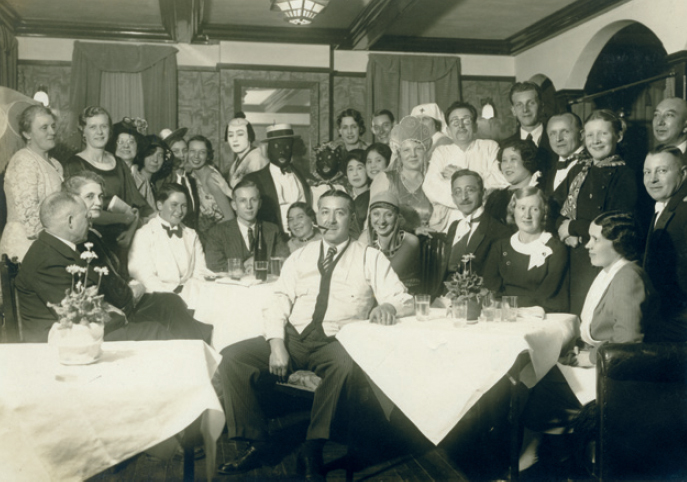Leslie Helm - Yokohama Yankee: My Familys Five Generations as Outsiders in Japan
Here you can read online Leslie Helm - Yokohama Yankee: My Familys Five Generations as Outsiders in Japan full text of the book (entire story) in english for free. Download pdf and epub, get meaning, cover and reviews about this ebook. year: 2013, publisher: Chin Music Press Inc., genre: Non-fiction. Description of the work, (preface) as well as reviews are available. Best literature library LitArk.com created for fans of good reading and offers a wide selection of genres:
Romance novel
Science fiction
Adventure
Detective
Science
History
Home and family
Prose
Art
Politics
Computer
Non-fiction
Religion
Business
Children
Humor
Choose a favorite category and find really read worthwhile books. Enjoy immersion in the world of imagination, feel the emotions of the characters or learn something new for yourself, make an fascinating discovery.
- Book:Yokohama Yankee: My Familys Five Generations as Outsiders in Japan
- Author:
- Publisher:Chin Music Press Inc.
- Genre:
- Year:2013
- Rating:4 / 5
- Favourites:Add to favourites
- Your mark:
Yokohama Yankee: My Familys Five Generations as Outsiders in Japan: summary, description and annotation
We offer to read an annotation, description, summary or preface (depends on what the author of the book "Yokohama Yankee: My Familys Five Generations as Outsiders in Japan" wrote himself). If you haven't found the necessary information about the book — write in the comments, we will try to find it.
A lovely, unsettling family story and a vivid traversal of modern Japanese history that will impress the jaded Japan scholar and inspire the curious general reader or memoir fan. Library Journal
Helm was the Tokyo correspondent for the Los Angeles Times when he realized that the majority of the articles he had written were critical of Japan in some way. This was surprising considering Helm was born in Japan and is part Japanese himself. In this lovingly researched memoir, he sifts through five generations of Helms living in Japan...history buffs will relish Helms painstaking detail and impressive command of the material. Publishers Weekly
Yokohama Yankee is a marvelous and eloquent work of family history. What makes it more remarkable is this familys history also sheds light on the political, economic, cultural, and racial interactions and tensions between Japan and the United States for more than a century and a half, right up to the present day. This is a humane and insightful book that will be read many years from now. James Fallows, national correspondent for The Atlantic and author of China Airborne
Like a sword cleaving a bittersweet fruit, Leslie Helms saga of his mixed-blood family in Japan cuts to the inescapable isolation of being white in a country where blood still means so much. Yokohama Yankee is a painfully intimate story that spans more than a century and brings the wrenching history of modern Japan into a focus that is both razor sharp and deeply human. Blaine Harden, author of Escape from Camp 14 and former Tokyo bureau chief of The Washington Post
Leslie Helm has written a lively and engaging account of his remarkable family history and its intertwining with Japan ... It is a warm and human story that will charm its readers. Kenneth B. Pyle, Henry M. Jackson professor of Asian history and Asian studies, University of Washington, and recipient of Japans Order of the Rising Sun
One of the finest correspondents to have reported on Japan, Leslie Helm tells the riveting, sometimes painful story of his multinational, biracial merchant family. Living in Yokohama for generations in war and peace, the Helms are at the heart of Japans long modern history without ever actually becoming Japanese. Sheldon Garon, Nissan professor of Japanese history at Princeton University
Helm mines the many treasures of his familys past, and the multicultural futures of his adopted, Japanese children, to investigate the mysteries of identity that are locked away inside all of us. The family fortune disappears, and relatives scatter in the winds of war and reconstruction. But this lovely story remains, about an erudite man trying to make sense of the world, of the past, and of himself. Alex Beam, Boston Globe columnist
[A] wonderful work full of pathos, insight and humanity. Fred G. Notehelfer, emeritus professor of Japanese history at UCLA and author of Japan Through American Eyes: The Journal of Francis Hall, 1859-1866
Leslie Helms decision to adopt Japanese children launches him on a personal journey through his familys 140 years in Japan, beginning with his great-grandfather, who worked as a military advisor in 1870 and defied custom to marry his Japanese mistress. The familys poignant experiences of love and war help Helm overcome his cynicism and embrace his Japanese and American heritage.
This is the first book to look at Japan across five generations, with perspective that is both from the inside and through foreign eyes. Helm draws on his great-grandfathers unpublished memoir and a wealth of primary source material to bring his family history to life.
Leslie Helm: author's other books
Who wrote Yokohama Yankee: My Familys Five Generations as Outsiders in Japan? Find out the surname, the name of the author of the book and a list of all author's works by series.

